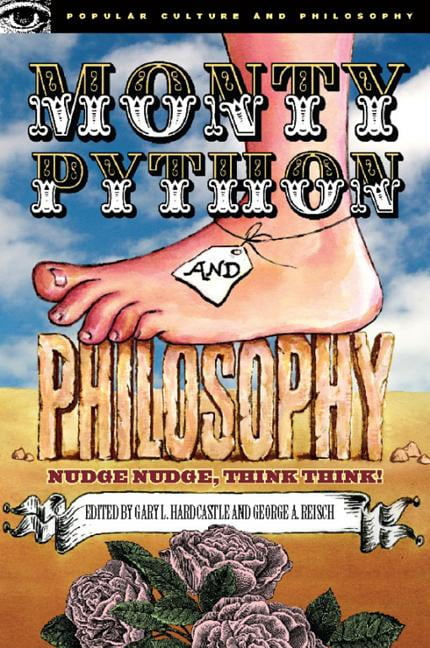

Another approach was John Searle's definition of social obligations as "institutional facts", thus allowing is to be derived from ought. One mode of attack has been to resurrect a form of Aristotelian teleology, where the function of factual things can show us their normativity. In this case Hume's Law is a good tool for pointing out that, while technically it may be correct that sex is for reproduction, it can also be for other things, and a person arguing differently would need to provide additional arguments for why it ought not be used in ways beyond its alleged "natural purpose".Ī number of attempts have been made to solve the is-ought problem, usually involving some type of invocation of natural law. One example that comes up occasionally from certain people goes as follows: Sex is for reproduction, therefore people shouldn't be having sex outside of marriage/shouldn't be having homosexual sex/should only use sex to make a baby. The first often following the second without any kind of explanation regarding why they are logical or correct.įurthermore, it argues that just because someone has knowledge of how the world is (descriptive statements), this doesn't automatically prove that they know how the world ought to be (prescriptive statements) and it is in fact impossible to derive the second based solely on the information of the first. Simply put, it deals with an apparent logic gap between statements of what "ought" to be, following statements regarding what "is". The is-ought problem has become prominent in matters of ethics and meta-ethics. For as this ought, or ought not, expresses some new relation or affirmation, 'tis necessary that it shou'd be observ'd and explain'd and at the same time that a reason should be given for what seems altogether inconceivable, how this new relation can be a deduction from others, which are entirely different from it. This change is imperceptible but is however, of the last consequence.

In every system of morality, which I have hitherto met with, I have always remark'd, that the author proceeds for some time in the ordinary ways of reasoning, and establishes the being of a God, or makes observations concerning human affairs when all of a sudden I am surpriz'd to find, that instead of the usual copulations of propositions, is, and is not, I meet with no proposition that is not connected with an ought, or an ought not.


After noticing people attempted this derivation anyway without sufficient logical steps to connect an "is" and their "ought", it was noted by Scottish philosopher David Hume who described it thus:


 0 kommentar(er)
0 kommentar(er)
